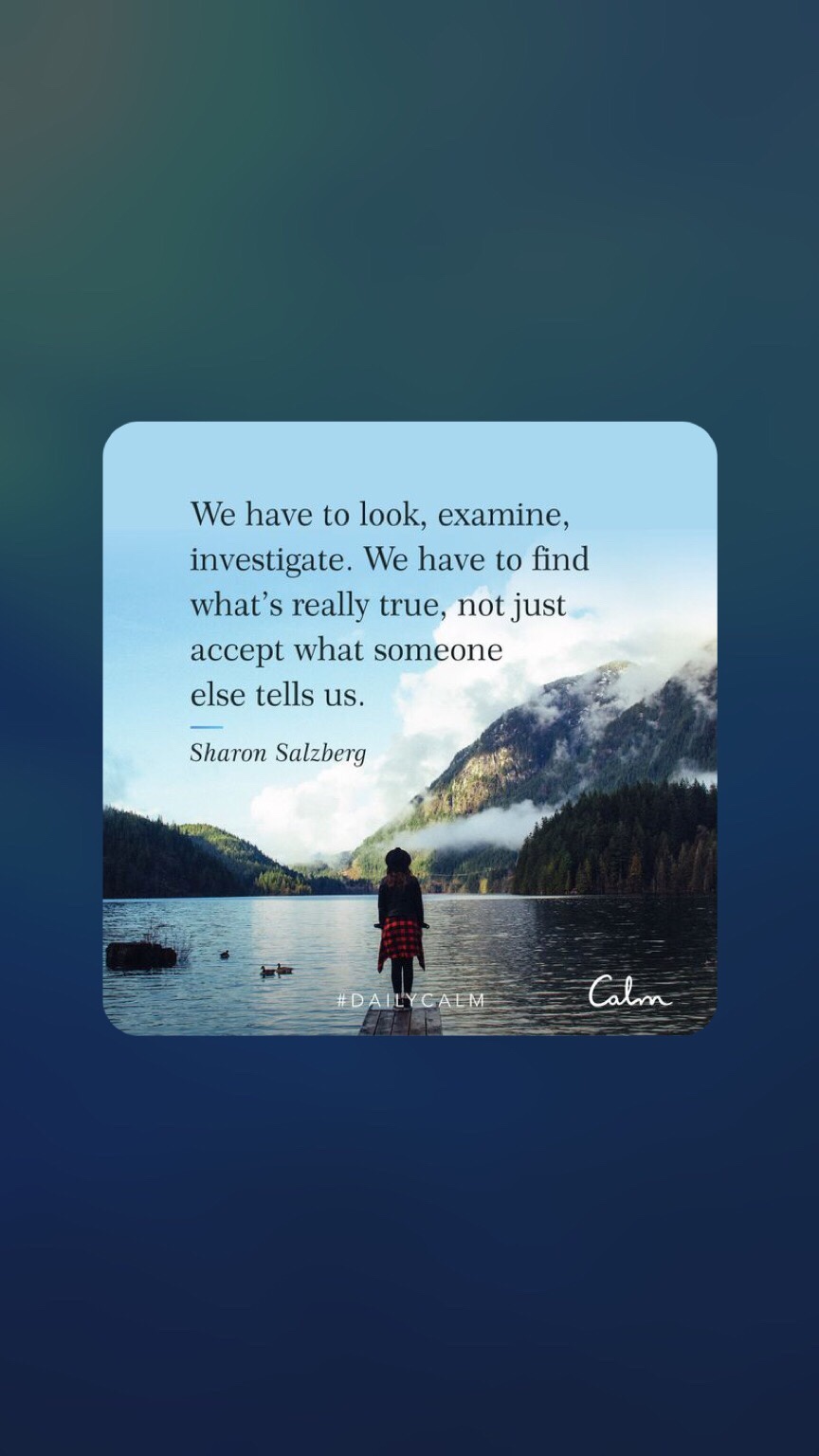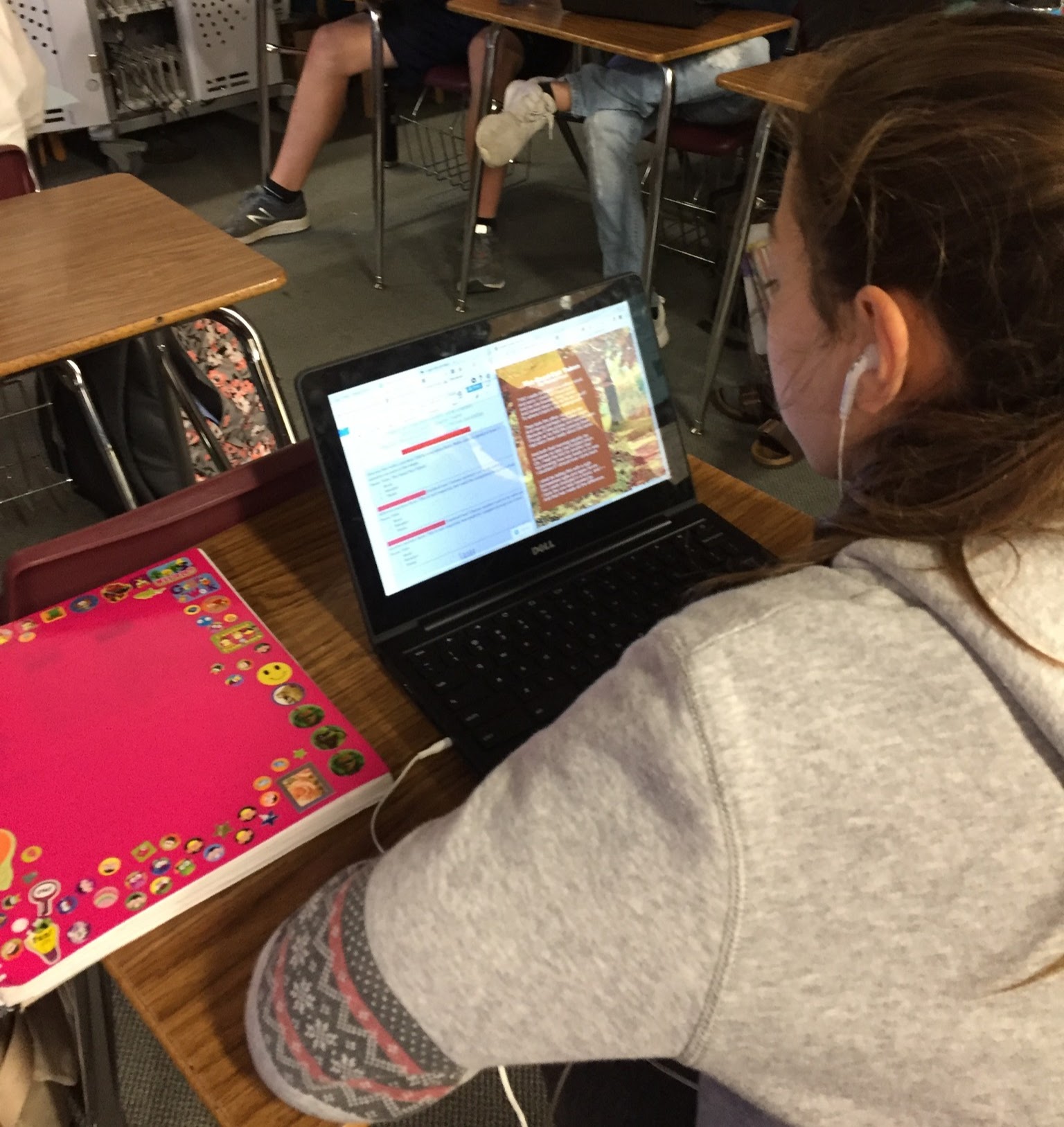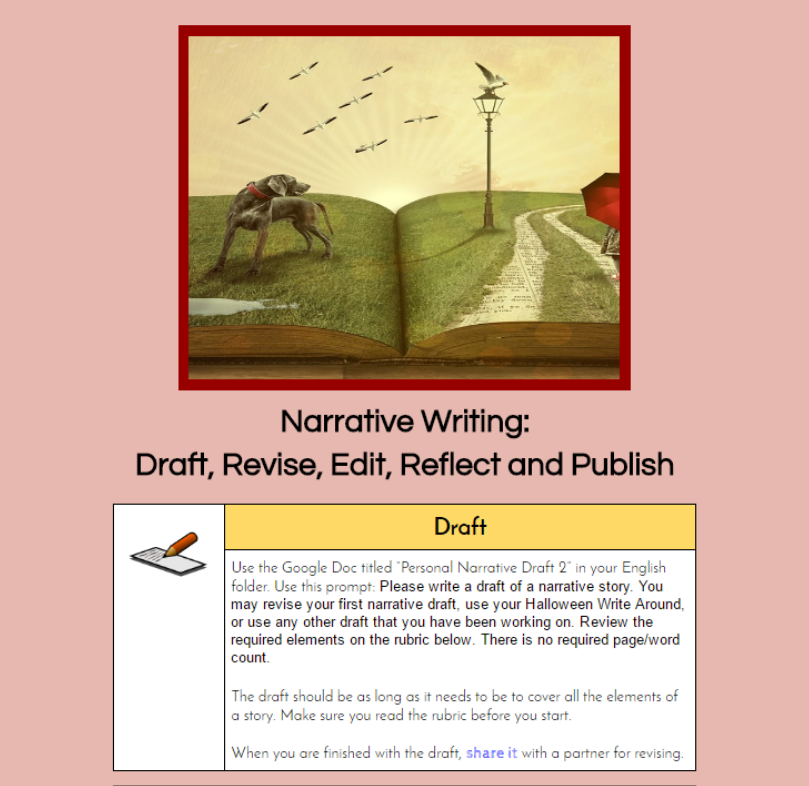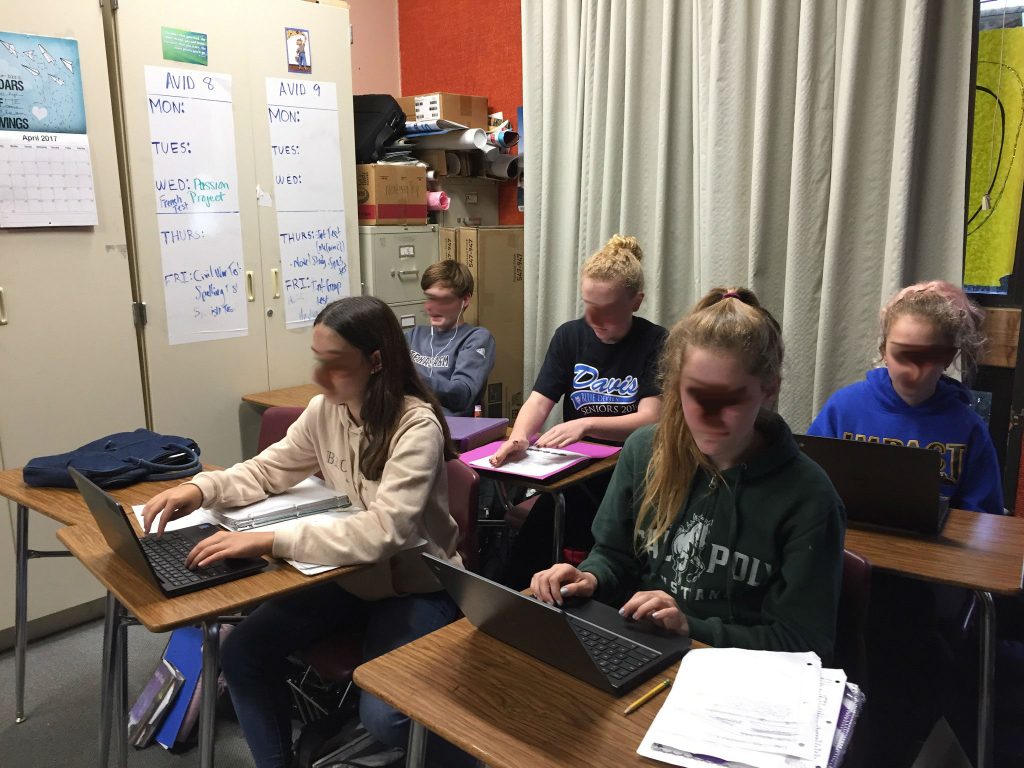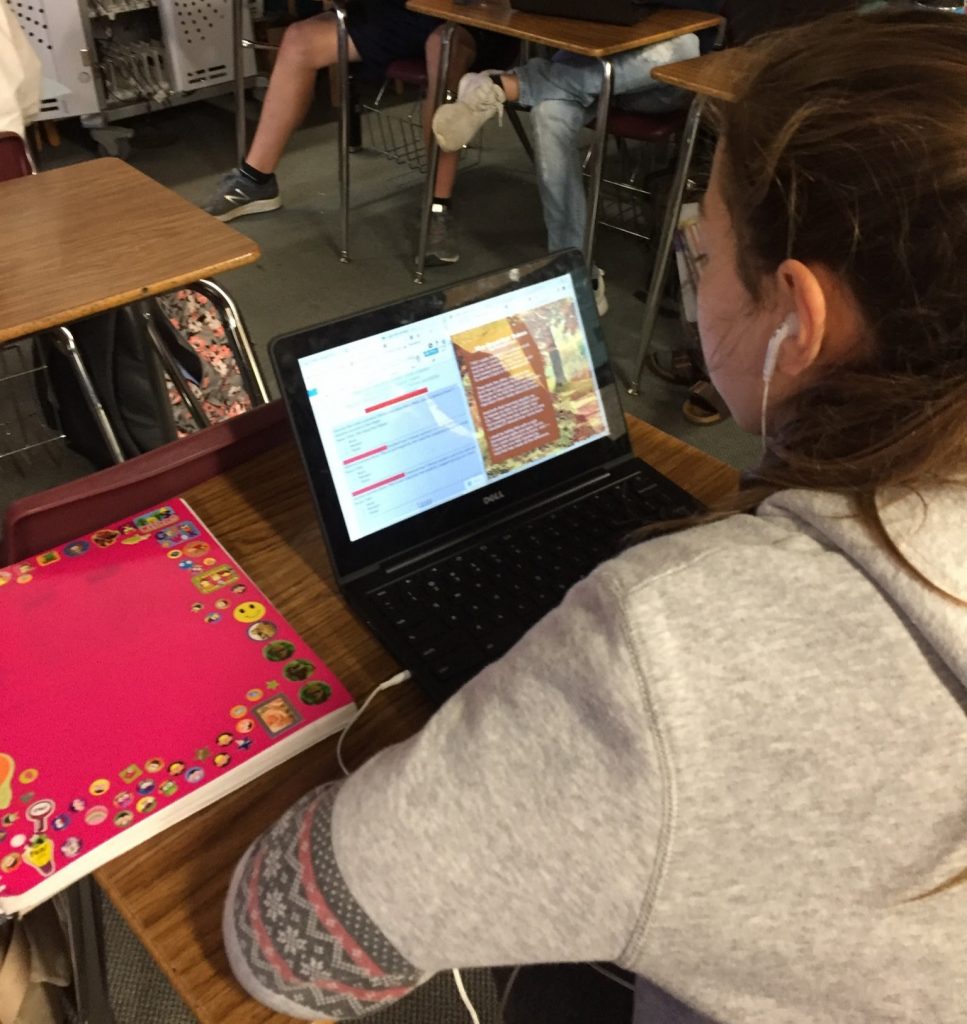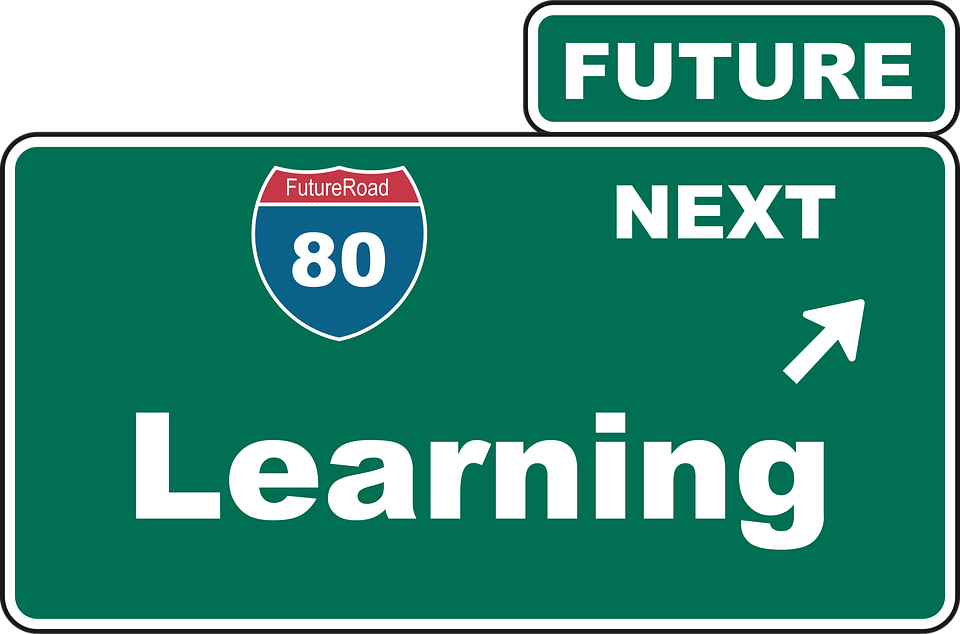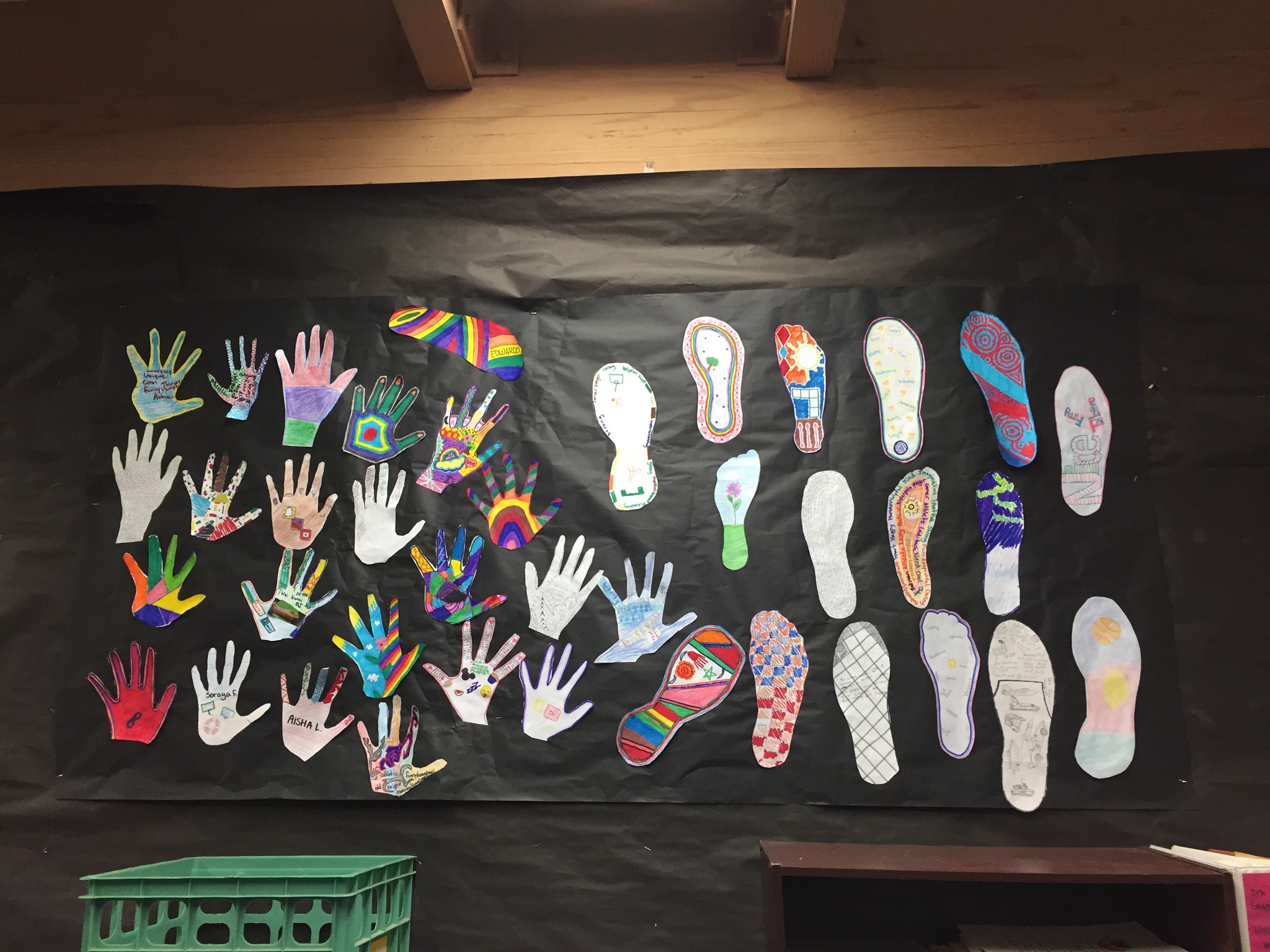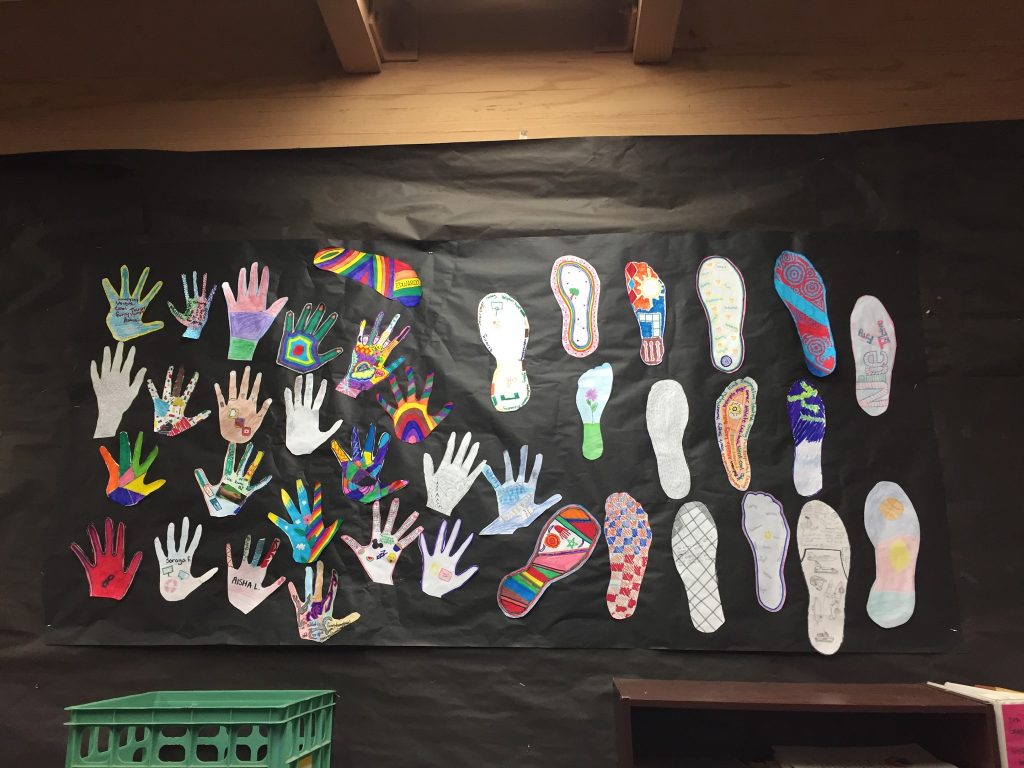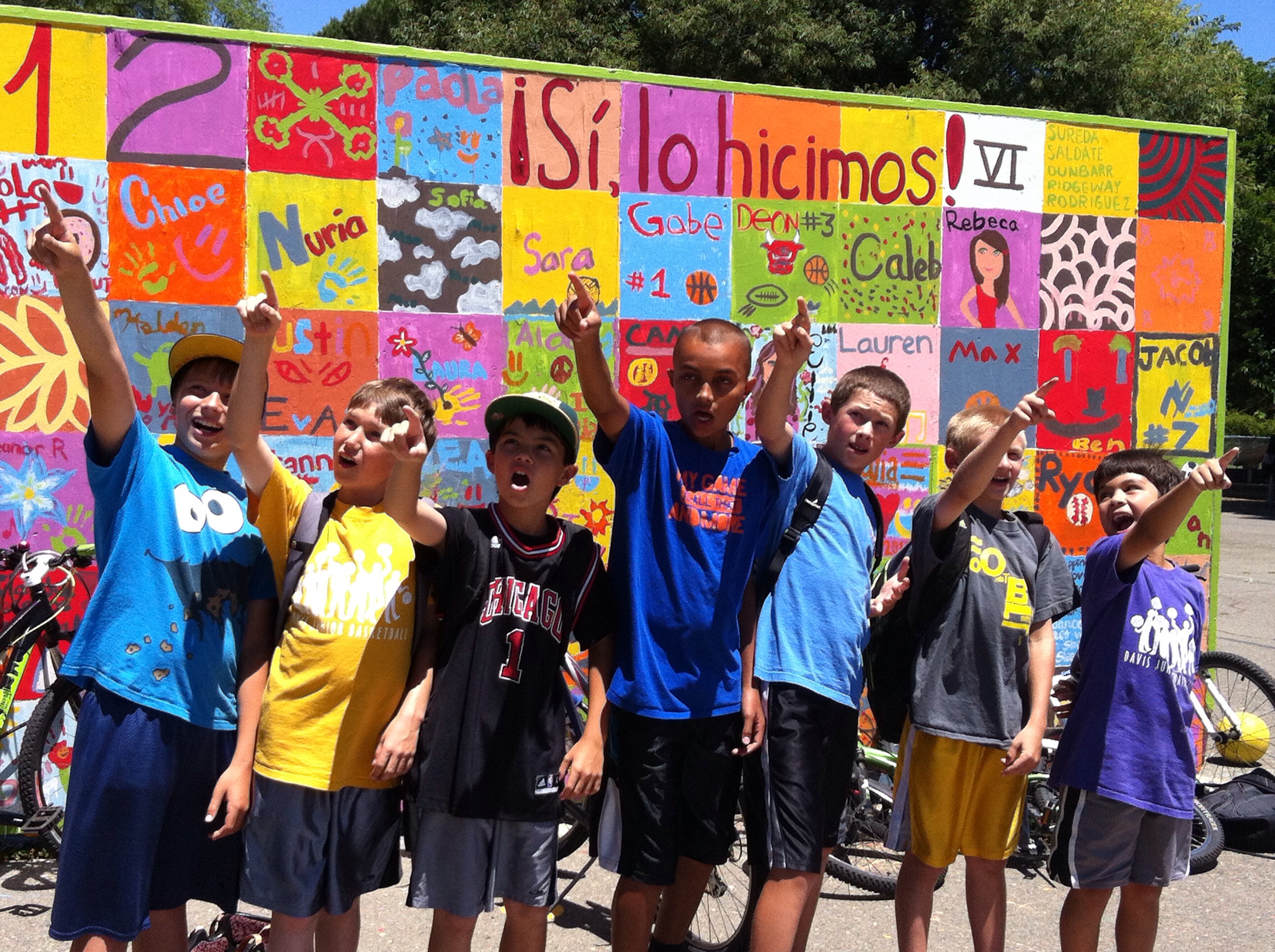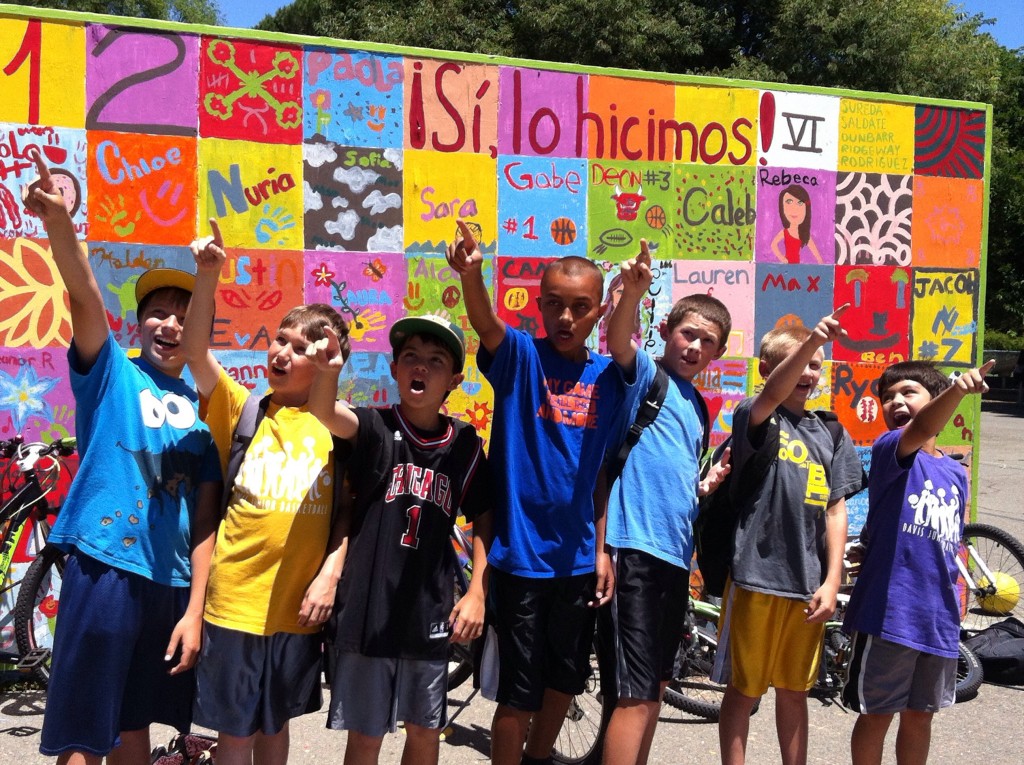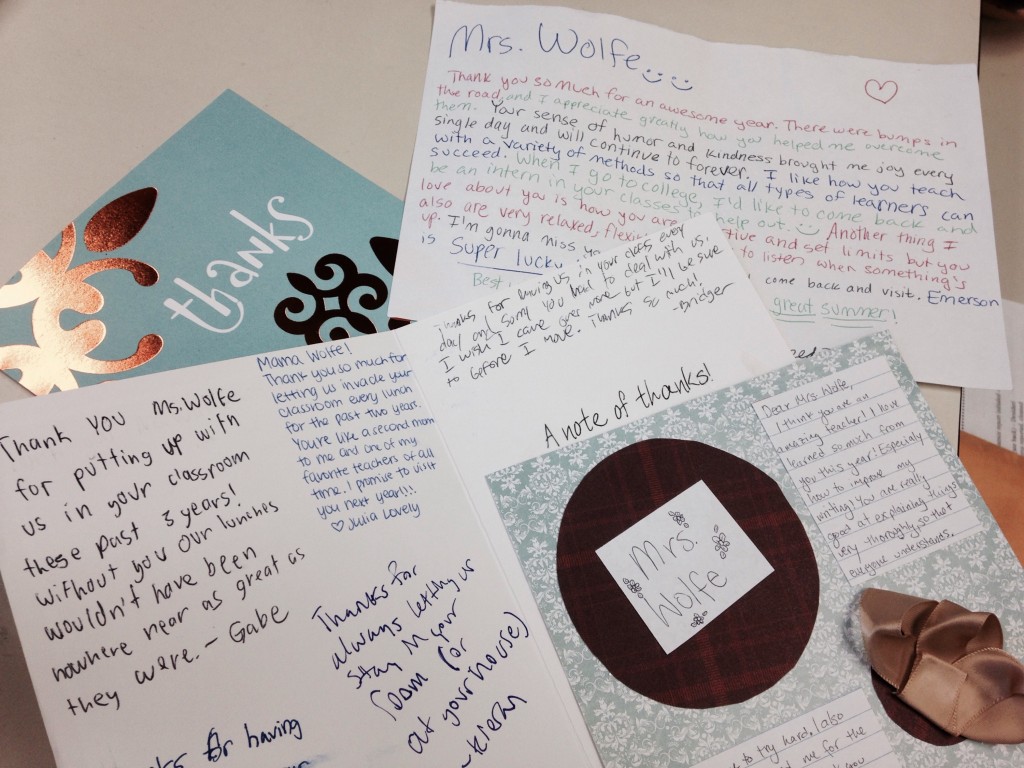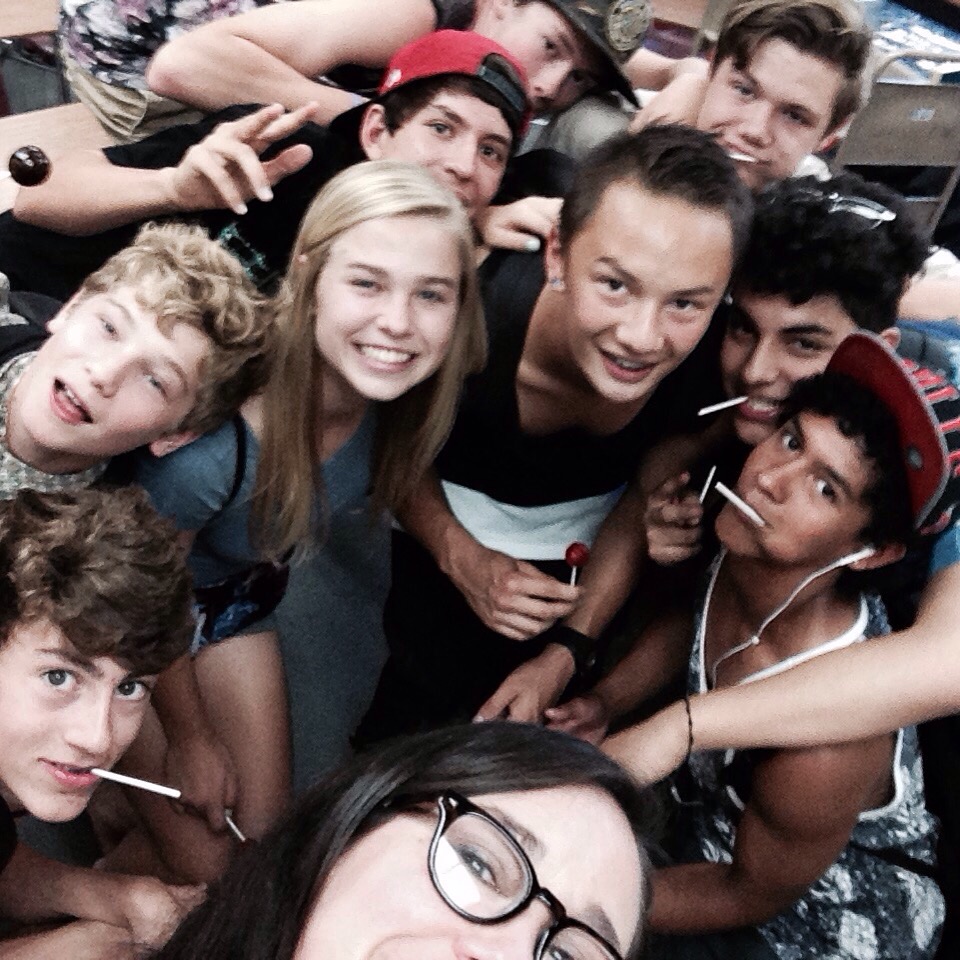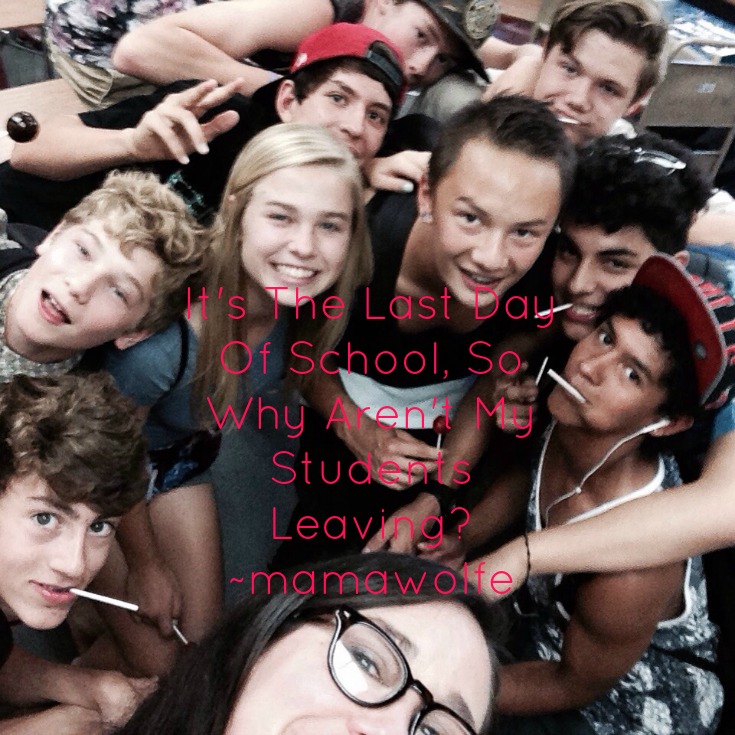I’ve watched one of my 7th grade boys fake reading for six weeks. Now, he won’t admit he’s fake reading. Not even close.
He will admit, however, that he hates reading. Hates books. Always has. And nothing I can do will change that.
Aah, 7th grade is so much fun sometimes.
Every day we start class with ten minutes of relax and read. Aside from the first day of school, we’ve read every single day for the first six weeks of school.
I don’t tell the kids what to read, how to read, where to read…I just ask them to read.
I have over 1,300 books in my classroom. I display intriguing titles, have books grouped by genre, and we talk about books – a lot.
I challenge them to read 25 books before June. It’s definitely a big goal, but I believe they can reach it – and most kids have already finished at LEAST one book.
I don’t care if they read graphic novels, informational books, teen fiction, series…I just ask them to read.
And this little guy isn’t doing it.
He’s the classic fake reader – opening to the middle of a book and hoping I don’t see that he’s not turning pages. Reading the dictionary. Oh – and he finished ‘reading’ the entire textbook in two sittings.
But what I’m most frustrated by is that I can’t figure out WHY.
I know that the ‘fake reading’ is an avoidance behavior. I won’t get into a power struggle, I won’t get agitated. I just calmly ask, every day, what he’s reading and urge him to find one book he can stick with.
He’s still in the excuses stage. And I’m ready to shoot down every one, calmly, kindly.
So today I started digging. I looked at his IEP – worthless. Nothing about reading, just talked about math and graphic organizers. I looked at his grades – failing. I talked to his case manager, the counselor, and still…nothing.
I could feel the frustration, the agitation, the disappointment rising.
We are going to lose this kid if we don’t do something to figure him out.
And then I got a “by the way, we’re adding kid #37 to your English class today” comment, and that was it.
This is how public education fails kids, and how teachers get frustrated and burned out.
It’s not the kid. He’s 12. He’s likely scared, worried, and well aware that he needs to practice reading, even though today he told me he didn’t think he did.
Ashleigh Warner, Psychologist, is reading my mind when she says, “Beneath every behavior is a feeling. And beneath every feeling is a need. And when we meet that need rather than focus on the behavior, we begin to deal with the cause not the symptom.”
His mom doesn’t return my emails. I feel like I can do something to help him, to help deal with the cause…but having 37 12-year-olds to give face time and true attention in a 50 minute period is darn near impossible.
We are going to lose this kid if we don’t do something to figure him out…fast.
This post doesn’t have a happy ending – yet. It’s not about finding the right book, or giving him a beanbag to be comfortable. I know in my gut it’s something bigger –
And I need help to figure him out…fast.
